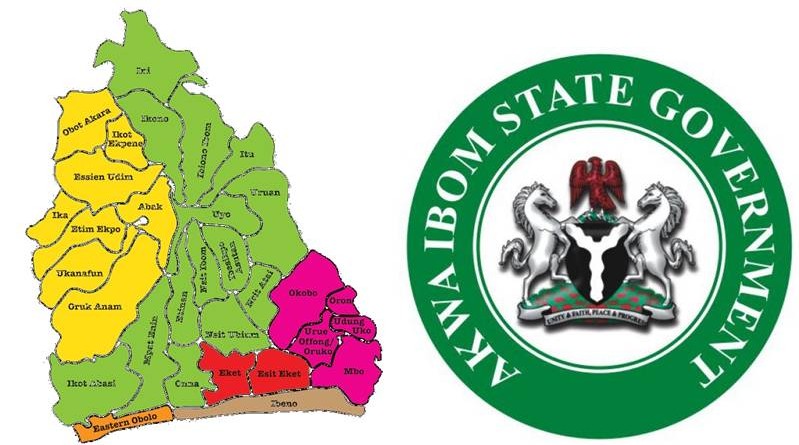Politics
Akwa Ibom 2023: The Mathematics Of The Governorship Election
By Etim Etim

In the 2019 presidential election in Akwa Ibom State, Atiku Abubarkar of the PDP scored 397, 831 votes, while Muhammadu Buhari of the APC scored 175, 429.
In the governorship election which took place two weeks later, Udom Emmanuel of PDP got 519,712 and Nsima Ekere of APC polled 171,978. But how was Udom Emmanuel able to get 121,881 votes on top of what Atiku got, whereas APC’s votes in the two elections remained basically unchanged?
The answer lies in rigging through massive thump printing and fabrication of results at the collation centers. The 121, 881 votes were simply obtained through fraudulent means. I had said in my various articles since last year that PDP in Akwa Ibom receives between 20% – 40% of its governorship votes through massive rigging. As could be seen above, in 2019, 30.6% of Udom Emmanuel’s votes were from fabricated numbers.
Some people may argue that the 30.6% extra vote scored by Udom above Atiku was due to the fact that some people were sleeping in their homes during presidential election, only to wake up to vote for the governor. That’s balderdash!
It is practically the same set of people that vote in both elections, and that’s why the votes between presidential and governorship elections remain almost unchanged across the country. Where you observe a big variance in the votes recorded between the presidential and governorship election, a massive rigging had occurred. This rigging manifests in many forms. I have done extensive research on this.
So, how do all these play into the dynamics of the 2023 election in Akwa Ibom State? In 2019, total voters’ turnout was about 600,000, and PDP scored about 400,000. This is just about the actual number typically recorded by the PDP during the governorship elections in our state.
In 2023, I project that total voter’s turnout will be about 650,000 – 700,000 or less. With the introduction of BVAS which has retired the use of incident form, I suspect that many people will get to the polling units, but a lot would not be accredited to vote and that would effectively lead to low voters’ turnout.
Since YPP is a breakaway from the PDP, and many inside the PDP are sympathetic to YPP, both PDP and YPP will share the 400,000 votes. In other words, YPP will take its votes from the PDP’s traditional 400,000 votes. That means the remaining 250,000 – 300,000 votes would be taken by the third force in this race, which is Senator Udoedehe of NNPP.
While OBA and Umo Eno will fight to finish for the traditional 400,000 votes that PDP usually gets, Udoedehe’s block votes will remain intact for him. I said in the first instalment of this series released on January 2 that Udoedehe has an impregnable number of persons in his register. They are his block votes.
Conclusion
Any candidate that scores up to 300,000 votes will win this election, provided he meets the threshold spread of at least 21 LGAs. PDP and YPP are both contesting for the lion’s share of the traditional 400,000 votes. In the next few months, both parties would be locked in a contest of MAD (Mutual assured destruction), and the reverberations would be felt across the state.
Send Us A Press Statement Advertise With Us Contact Us
And For More Nigerian News Visit GWG.NG